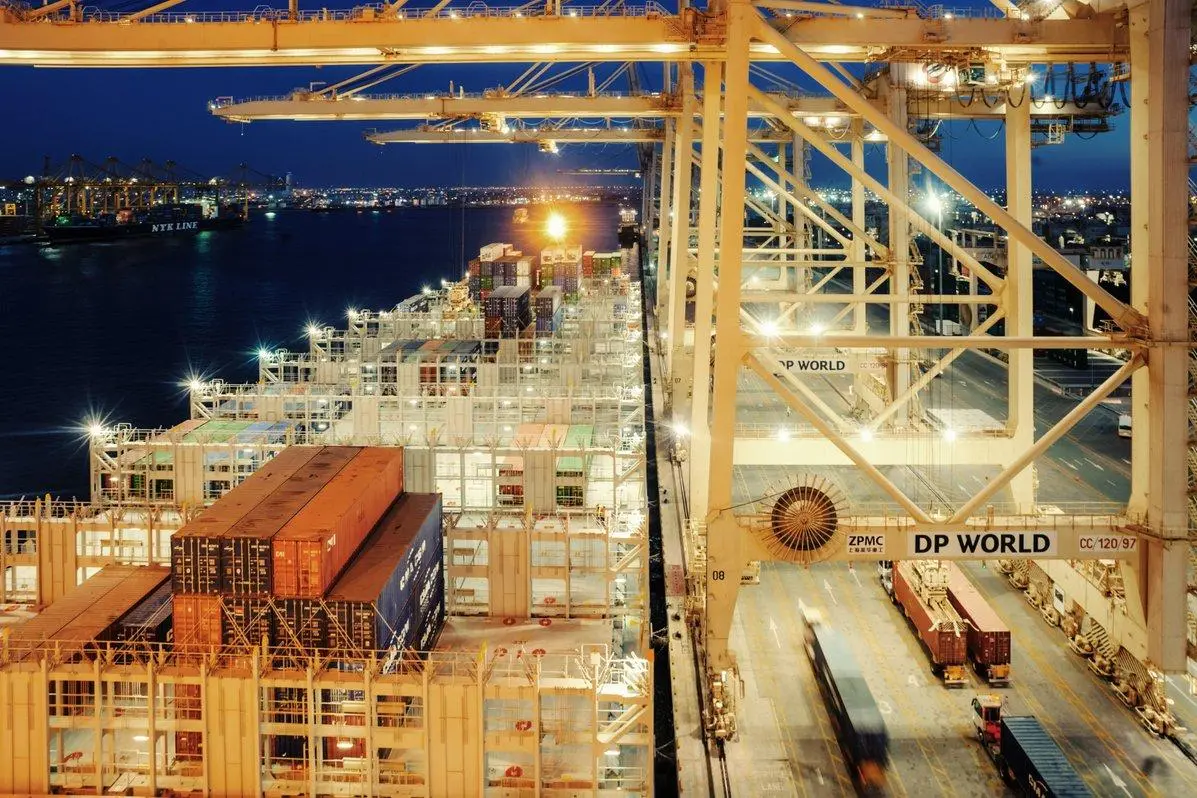PHOTO
Led by the UAE, the Middle East region, with its fast-growing status as a hub for exports, has the potential to attract an influx of global investors into its booming trade and logistics industry.
The region, accounting for global exports valued at $1.13 trillion, continues to move up the 'Logistics Performance Index' with the UAE taking the regional lead and ranking 11th globally, followed by Oman, Saudi Arabia, Bahrain, and Egypt, according to a study by Savills, a leading global real estate advisor.
Ihsan Kharouf, head of Savills Oman, who has moderated a webinar panel discussion on 'Transportation and Innovation,' said the improvement in the index ranking proves that the region is growing in popularity and superiority when it comes to trade and logistics.
"Trade statistics reveal exports from the Middle East have grown by 21 per cent in 2018, totalling $1.13 trillion. The size and capacity of deep-sea container ships on the Asia-Middle East route has also doubled from 9,000 containers in 2010 to 18,000 containers in 2020, indicating a significant improvement in capacity," said Kharouf.
"This only proves that the region is growing in popularity and superiority when it comes to trade and logistics," he added.
He said countries in the region are investing significantly to modernise their existing infrastructure and building futuristic projects to deliver best-in-class efficiency and sustainability to enable more seamless interaction with the global and regional economies. Countries in the region continue to progress up the rankings in the Logistics Performance Index (LPI), the interactive benchmarking tool created by the World Bank.
The panel discussions centered on the role technology has on the way goods are distributed and stored, and its impact on real estate decisions. The session also shed light on the large-scale infrastructure projects in the region under construction or under planning and whether these developments are future proof to such changes.
"When it comes to sustainable transport solutions, we need to incorporate sustainability at the concept/design stage, while in-terms of existing developments, we need to retrofit them with intelligent solutions to gather data and information. As for smart cities in the region, modes of transport should be integrated and linked to each other seamlessly," said Scott Fennelly, director at Surface Mobility Consultants.
Sulaiman Al Riyami, vice president of Real Estate at Oman Aviation Group, said geographic locations play a vital role for the logistics accessibility. "For instance, air cargo is key in the Sultanate's logistics landscape; Muscat Airport is located in the middle of the city which grants access to various local industrial parks as well as access markets within the four-hour flight radius. We are also establishing seamless access between sea and air transport which allows us to place Oman as an attractive location for operators and investors in the international market."
Copyright © 2020 Khaleej Times. All Rights Reserved. Provided by SyndiGate Media Inc. (Syndigate.info).





















